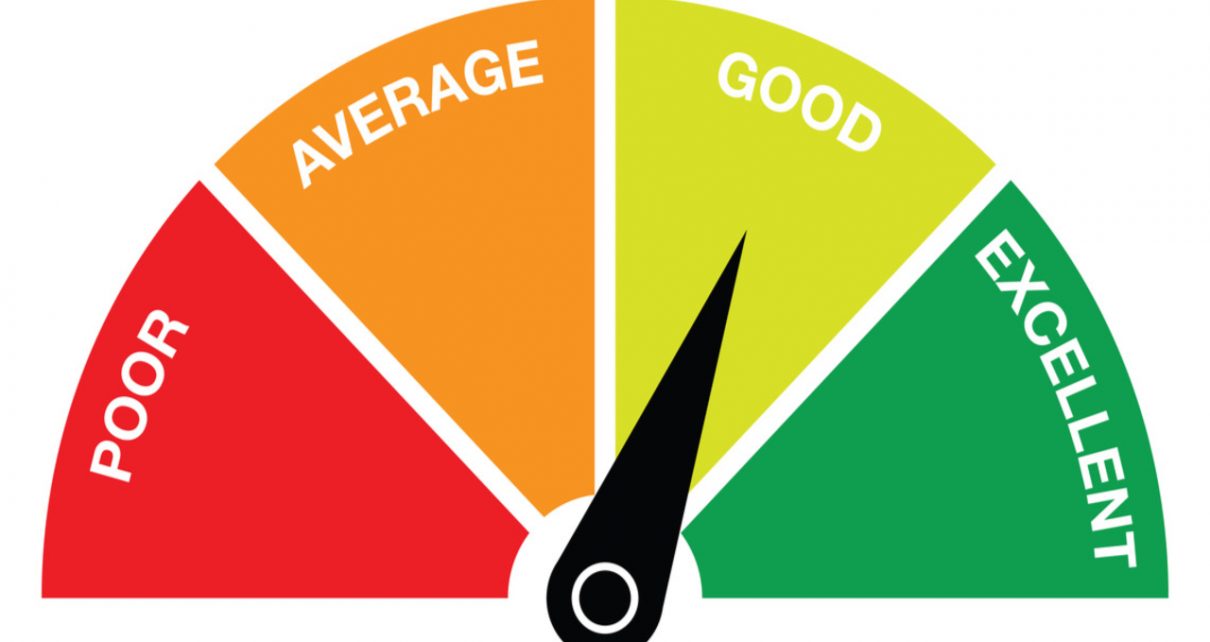When it comes to personal finances, credit scores are arguably one of the most vital components. Not only will this score play a factor in getting accepted for loans, but it also effects the rate at which individuals receive interest or loans, insurance rates and even employment opportunities.
Credit scores are not to be confused with credit reports. A credit score is a three-digit number that is based on the information within a credit report, and the higher the score, the better. Scores can range anywhere between 300 to 850.
Credit reports are a detailed history of personal credit information. This information can include balances on loans and credit cards, delinquency payments, bankruptcies, personal identifying information and inquires.
Due to the fact that this score can have such a large impact on opportunities such as employment, it is important to check reports and verify scores often. For credit reports, a new report is accessible for free every year from the three credit bureaus. So, to stay informed, check every four months from a different bureau. The bureaus include Equifax, Experian and TransUnion.
Credit reports do not provide credit scores, but there are various different ways to check the score. The score should be listed on the bottom of credit card statements, or it can be purchased from one of the bureaus or accessed through a free credit scoring site.
To get a copy of a credit report, visit: www.annualcreditreport.com. If there is information that is listed that is inaccurate or incomplete, it is important to file a dispute with the credit bureau that the report was received from before it negatively impacts the credit score.




